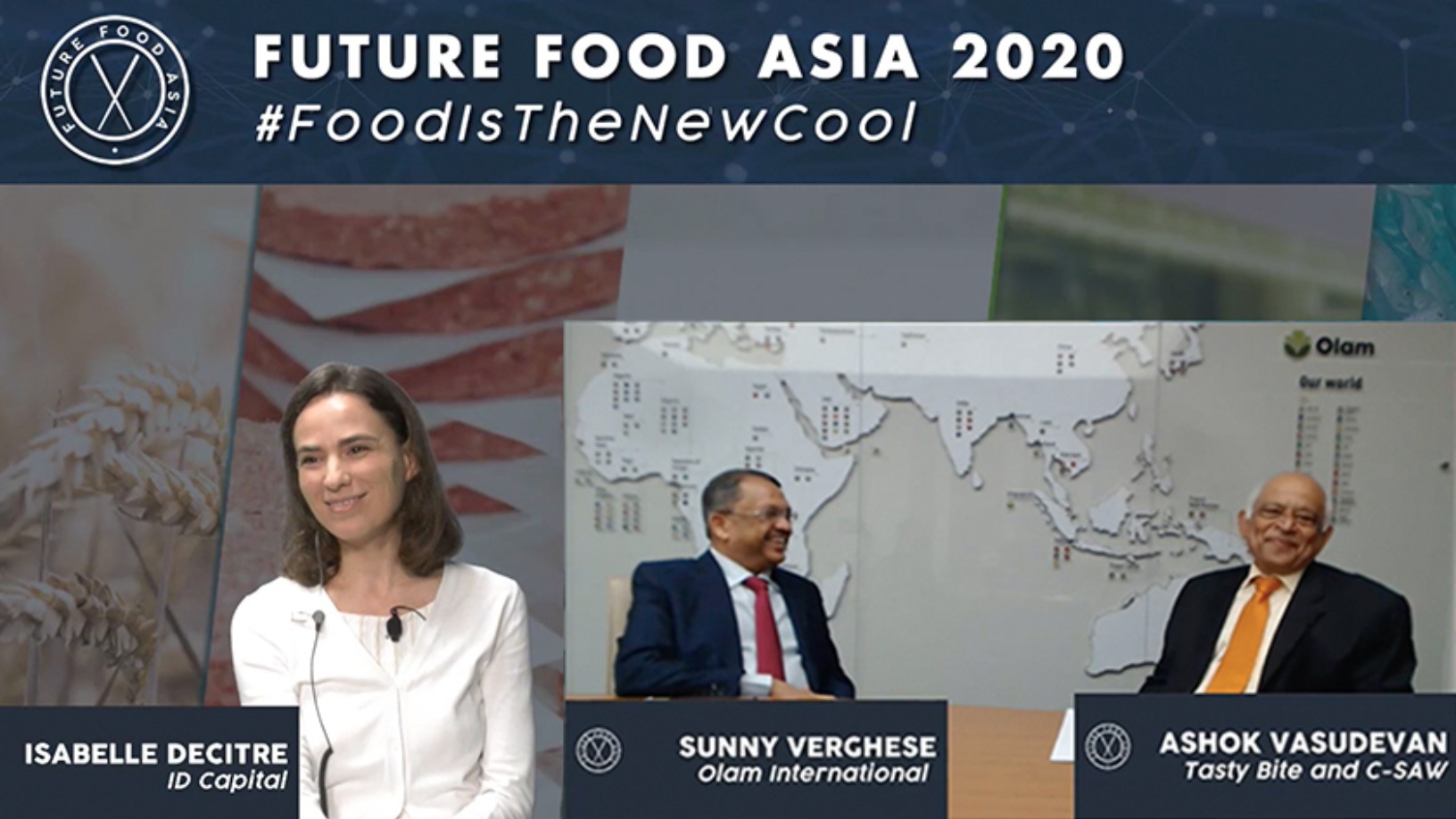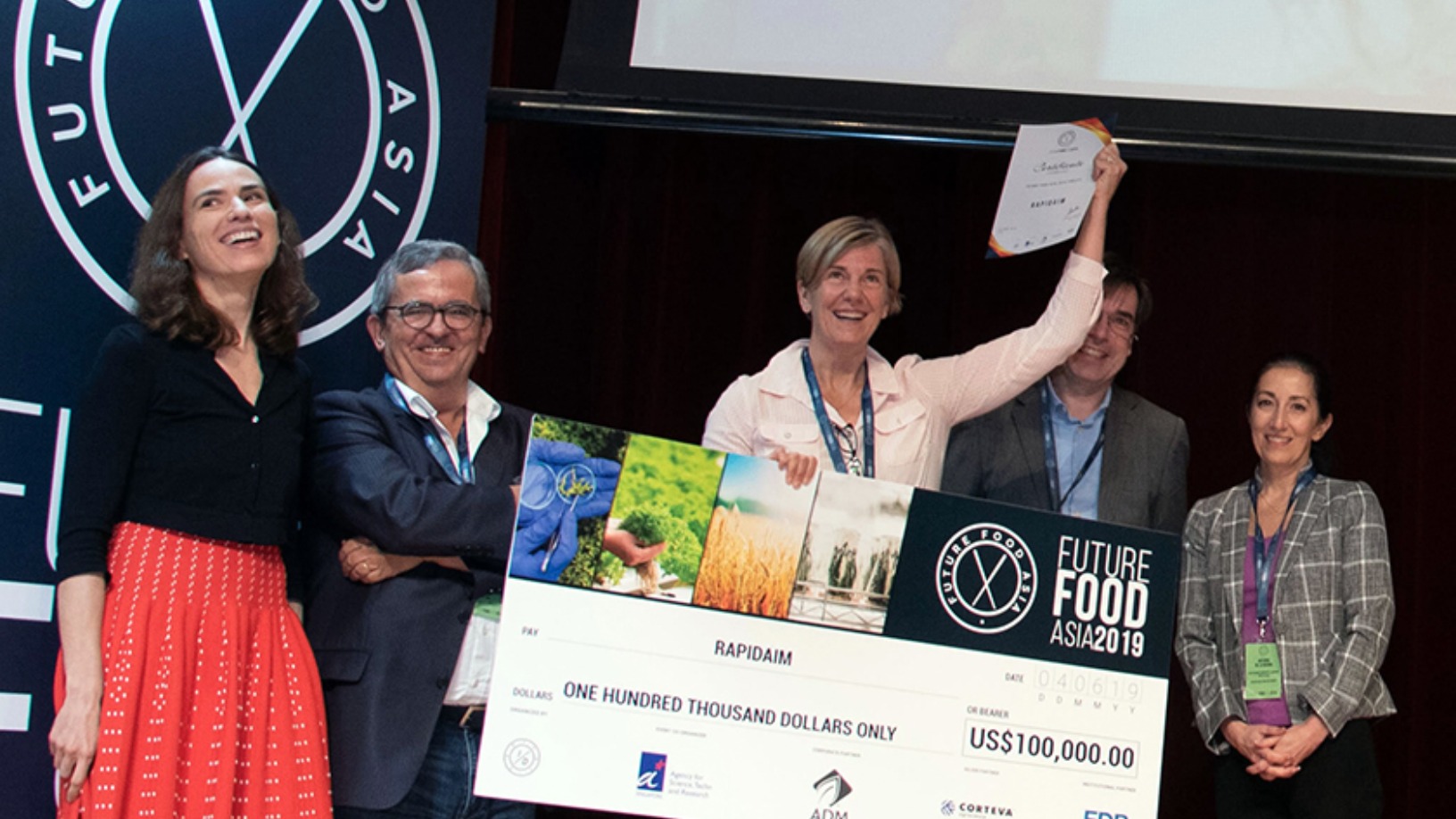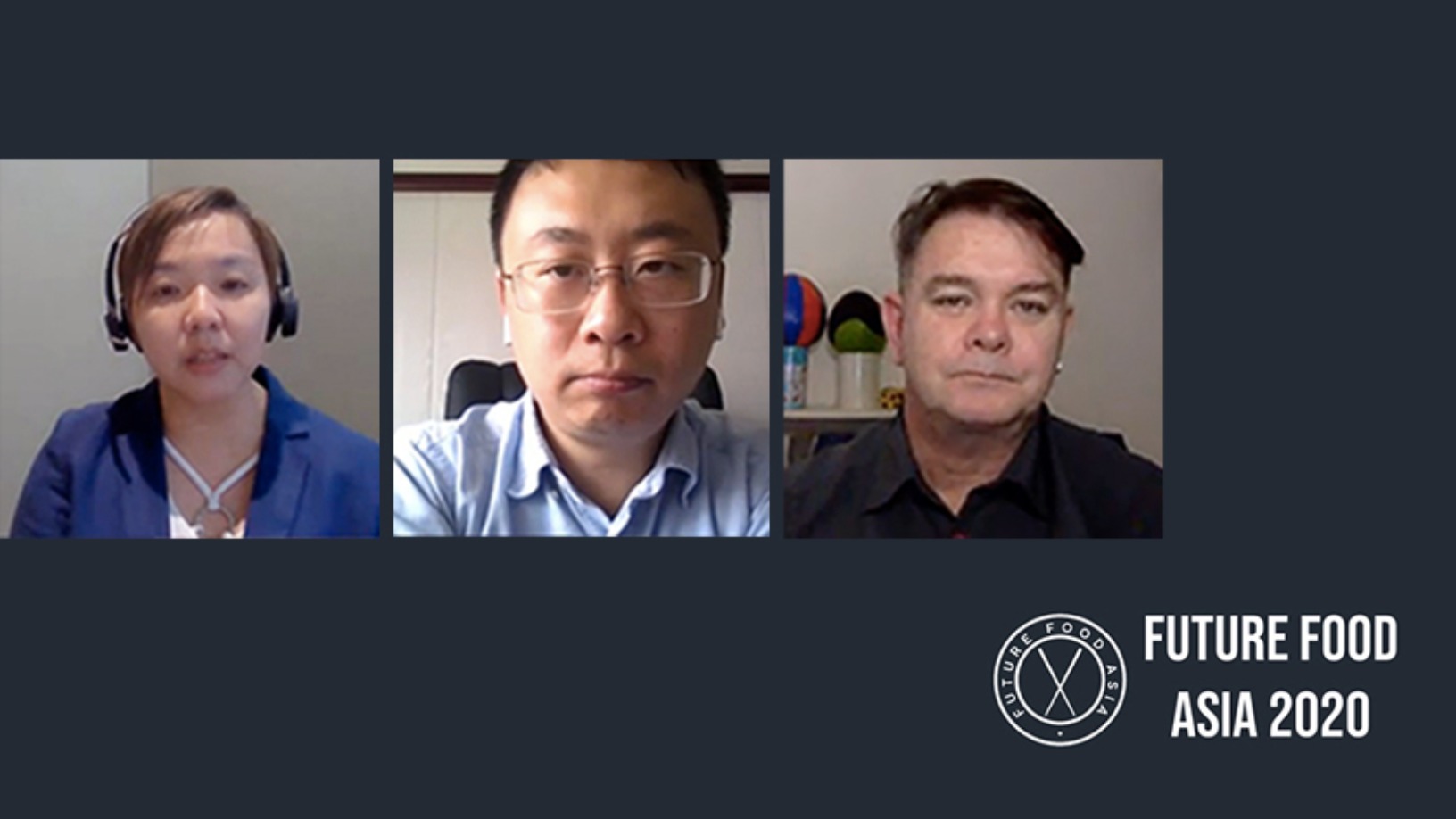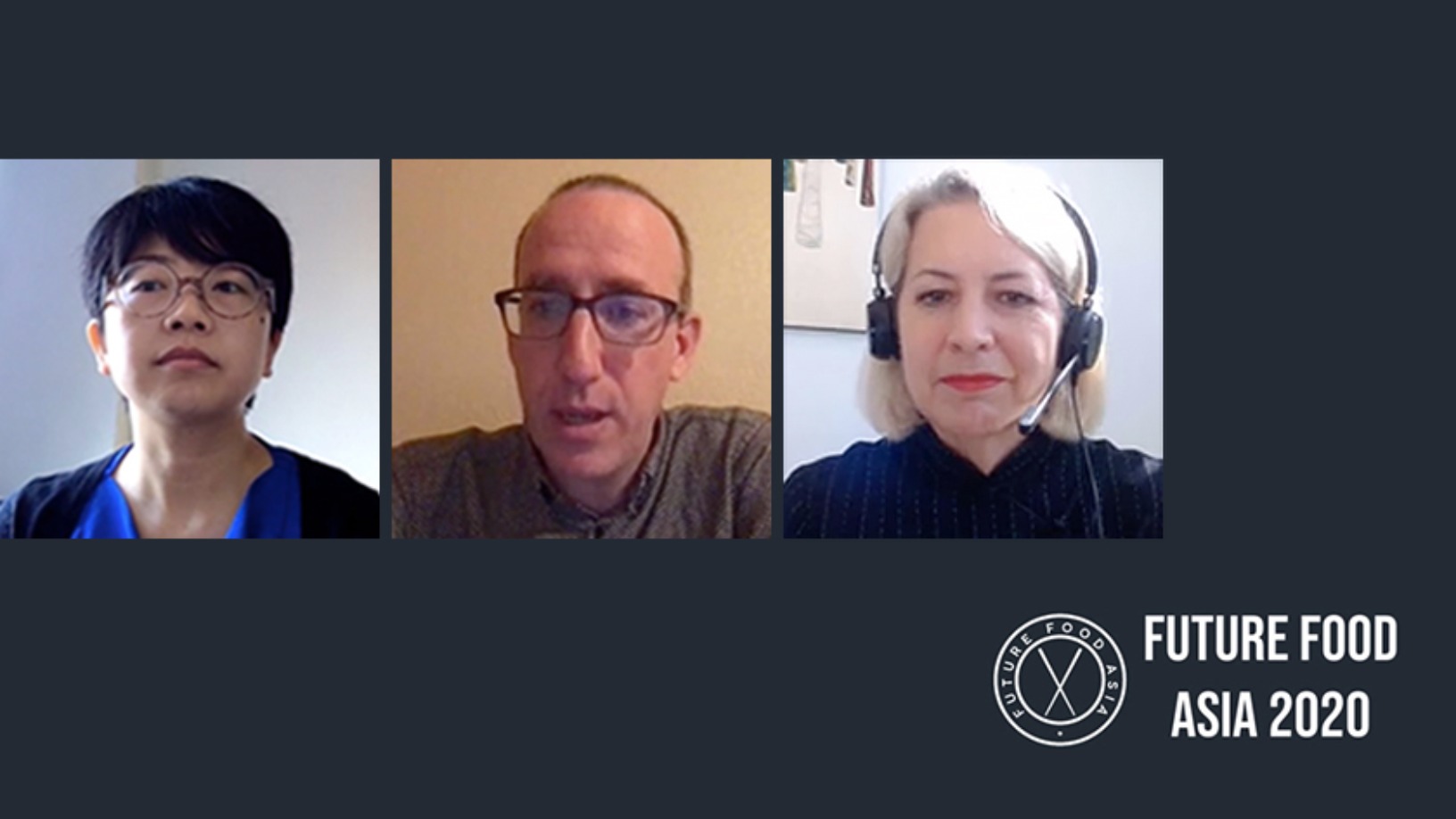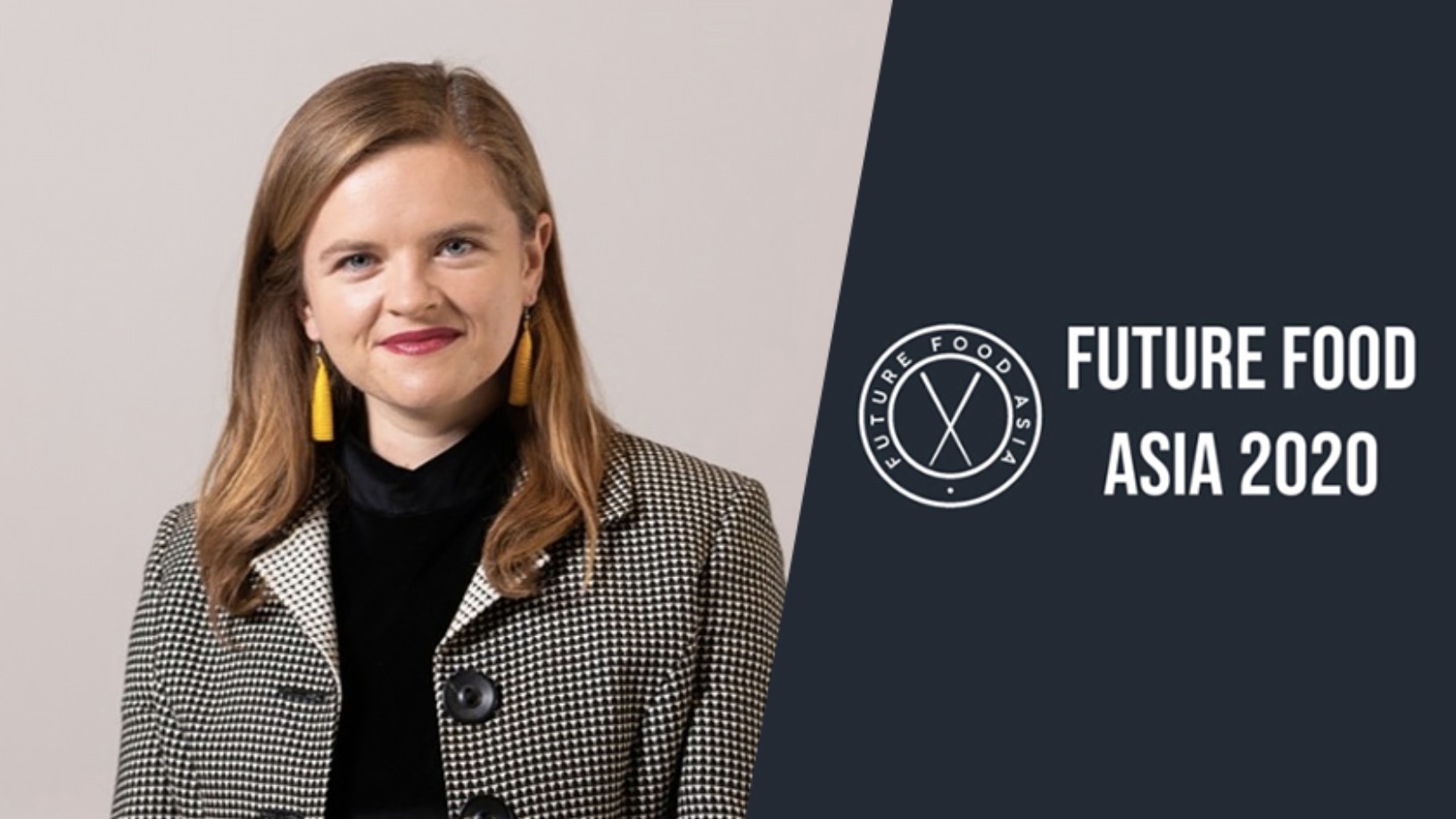When Isabelle Decitre started her own private equity firm ID Capital in Singapore in 2012, she did not set out to invest in agritech and foodtech. However, with time she realized the growth potential of the sectors, tied to long-standing problems in farming and food production in Asia, as well as to the erstwhile little known talent among startup founders working in agrifood.
To demonstrate her investment thesis and showcase the region’s most promising agrifood startups, Decitre led ID Capital to organize the Future Food Asia conferences. The annual event has hosted Big Ag companies like Corteva Agrisciences and Dole, which are keen to unearth the latest innovations from startups.
ID Capital invests in agritech and foodtech companies that encourage sustainable farming practices, enhance nutritional value, and streamline the supply chain, as well as in precision agriculture startups. In the second part of our interview with Decitre, she highlights some of ID Capital’s investees, and discusses how the sector has evolved since Future Food Asia’s first conference in 2017.
The following has been edited for length and clarity.
What have been some of the key changes in agrifood technology investment since you started in 2017?
There's now a lot of appetite for alternative proteins, which remains a very important sector. But I think there are other sectors coming close behind, which are less covered by the media because they're not showing a lot of deals; sectors like aquaculture, precision agriculture and data plays.
This is where Asia can win because of the talent pool and size of the countries. To be efficient with AI and generate advantage through AI, you need a sizable dataset. That's typically where Europe is lagging behind, and that's where I see things are heading.
Aquaculture is definitely coming up in Asia, but when it comes to precision agriculture and data, what's the outlook? Do you foresee it to be more applicable to big businesses with big land, or will it be accessible to smallholders as well?
In Southeast Asia, many of the problems in agriculture are very much linked to smallholders and the high fragmentation of the agricultural landscape. So solutions that are adequate for large-scale operations are definitely irrelevant here, and most solutions need to be generated domestically.
Agrifood investment needs patient capital
Agri-financing is clearly becoming a very hot category; hence the Corteva Agriscience Prize that's given to Crowde at this year’s Food Future Asia conference. It's less of the sophistication of the prediction that the industry needs, and more about the access to information and financing, which needs to be accessible to people. This is where IoT and mobile can come in to help.
Do you see any significant challenges facing agrifood tech investment?
One of the challenges is the VC industry is not a very patient one; they want to see returns relatively quickly. It's possible that agrifood tech wouldn’t scale as fast as they'd like, and that can generate tension because at the time when they're supposed to exit their participation, the timing can be off.
That’s why the sector needs patient capital. This can be provided by many other pockets of money, like family offices. VC funds have a role to play but they won't be sufficient.
The attitudes in the past two years seem to indicate that VCs are changing their tune – people are saying you can't grow at all costs anymore.
I think things will change when the first exit is clear and visible, and these exits can be trade sales, IPOs or secondary sales. This is where I think people will gain confidence because VCs need a liquidity event. Not everyone wants to IPO, but if you show the prospects of exit to a private equity fund, that increases the level of confidence.
ID Capital is always on the lookout for new startups and opportunities. As an investor, do you have any advice for agrifood tech startups who want to pitch to you or other investors?
I don't blame entrepreneurs for being idealistic, because if you weren't at least a bit idealistic you would never start in the first place. But I think they need to think about cashflow and about paths to profitability.
Asia is not a region where people buy into big IP stories and burn cashflow for however many years, with a promise that eventually you get a profit at some point. In Asia, investors tend to be more matter-of-fact and they like to stick to a pattern. If you have a low-hanging fruit, if you are able to show that you can find clients paying for your service and generate a path to profitability, then you can be more confident of your game.
Asia’s not a region where people buy into big IP stories and burn cashflow for many years
ID Capital's investment thesis focuses on four major categories. Why these four?
We cannot share too much because it's proprietary, but in short I believe in the transformative power of science and technology, and as early-stage VC investors, we want to understand what the risks are for. We are only confident if there are some barriers to entry.
Barriers to entry can be tech or science, branding, and speed. We don't want to play on the branding side because it doesn't translate easily across markets – you'd often need to re-localize to different markets. I know this from my experience in branding over 20-odd years.
So we decided on tech and science as the enablers of competitive advantage. Within the four sectors, we find some subsectors that are interesting. There is nothing that I've not investigated personally.
ID Capital seems to be different from many VCs, who discuss their investment quotas and cycles. How does ID Capital decide on those? What is the size of your fund? Do you have any timelines?
We don’t comment on this because we are, in essence, private investors. We are investing private capital, so we have our governance and ways to assess investments, and we don’t have cycles per se, if that’s your question.
One of the startups in your portfolio is Ynsect, a French insect farming protein startup. [Ynsect later raised $224m in October, bring its Series C funding round to $372m.] What made you interested in the company?
This was back in 2014 when we weren't focusing on Asia-Pacific. It was one of the only startups that were applying deep tech to insect farming, beyond the typical businesses seen in many places. They used deep tech to address the pain point of replacing fishmeal in animal feed industry instead of human food ingredient, where I could tell the regulations will take a longer time.
They were very convincing, but it was also at a time when there weren't that many insect farming companies, so we're happy to have made an early influence. They also had a very interesting positioning and it's been proven correct, using mealworm instead of black soldier flies (BSF). Many people use BSF because they're easy to cultivate and quick to turn around.
But in the long run, mealworm is the better choice, and it's only now that people are realizing it's right. There are many aspects that makes mealworm a winner, but it's more difficult to cultivate. This is where the tech and the science come in. I couldn't tell you the details, but every node of the process, upstream and downstream, is handled by Ynsect. They have the IP, the knowhow and and a portfolio of trade secrets, with 11 unique patents registered.
Every node of the process, upstream and downstream, is handled by Ynsect. They have the IP, the knowhow
Another company, Scantrust, seems very different from the rest of the portfolio, since they focus on QR codes.
Their unique selling proposition is combining anti-counterfeiting with track & trace techniques. Usually you'd find solutions that focus on anti-counterfeiting, and they're usually implemented per piece. That makes them fitting for more expensive goods, but not for goods that are heavily commoditized. You then have track-and-trace solutions. But you don't find solutions that can do both and cheaply at per unit cost, which makes it feasible for food and agri products. When we came on board, they'd done a successful pilot with Unilever for consumer products, and Syngenta for seed anti-counterfeiting.
For farmers, getting the right seed for the money is important. But for end-consumers buying packaged food, how important is authenticity?
The more you grow, the more important it is for consumers. Covid-19 has been accelerating this, too. Consumers want to know the provenance of their food, they want to know where the supply chain has taken their product to.
Scantrust is working with small and big brands who are willing to provide complete transparency of their supply chain to their consumers. Their tech is compatible with blockchain technology, but it's principally platform-agnostic. This is a very strong point because blockchain is an enabler; you don't build a blockchain startup. I might not have invested in them if they were one.
Any other particular startups in your portfolio that you're excited about?
I love all of them, they are absolutely amazing. Two of them are closing Series B funding rounds. RapidAim provides smart traps for farm pests. At first glance, it's a commendable hardware play, but it's bigger than that. They're addressing pest management at large, and they have a data play. They equip farmers with connected traps, which catch the pests and tell you where and when the pest is present.
That's the first layer of intelligence, telling you that your plot is infested and you need to spray. The timely manner helps avoid preemptive spraying, which wastes money and chemicals and doesn't really help sustainability goals.
The second layer is that as soon as you equip farms with a certain density of traps, which is not too high, they can become a weather forecast-like system that provides early warning. Even people who aren't direct clients can benefit from the surveillance, which is beautiful.
We also have E Green Global in South Korea, which has developed biotechnology to create microtubers that can be planted in the field without needing the greenhouse phase. This brings both “first-world” and “third-world” advantages. The first-world advantage is that you get quicker go-to-market strategies for new varieties.
The third-world benefit is also very important: many farmers in these countries rely on imported microtubers. When they don't have them, they save some of the harvest to plant, but the genetic material gets poorer with each generation and the yield becomes worse. With this innovation, you can plant virus-free, high-quality tubers directly in the field, and you don't have to have access to a greenhouse to propagate the subsequent generations of tubers.
We also have InnovoPro, which is closing a Series B round and we are reinvesting. They make a chickpea protein concentrate and isolate, which is a modern and versatile ingredient for clean foods, vegan and vegetarian products, addressing the bigger opportunity of the flexitarian market.
Another portfolio company, OneCrop, has exposure to the US and China commercially. They come up with biodegradable mulch film, which sounds boring, but the mulch film is applicable to broadacre crops like cotton and maize, and it doesn't generate plastic pollution. It's so important that they've been called up by the Xinjiang government to develop solutions, because all the plastic pollution in the soil, air, and water is a big disaster. Their product improves yield by improving the germination and resistance of the seeds, without generating pollution.
